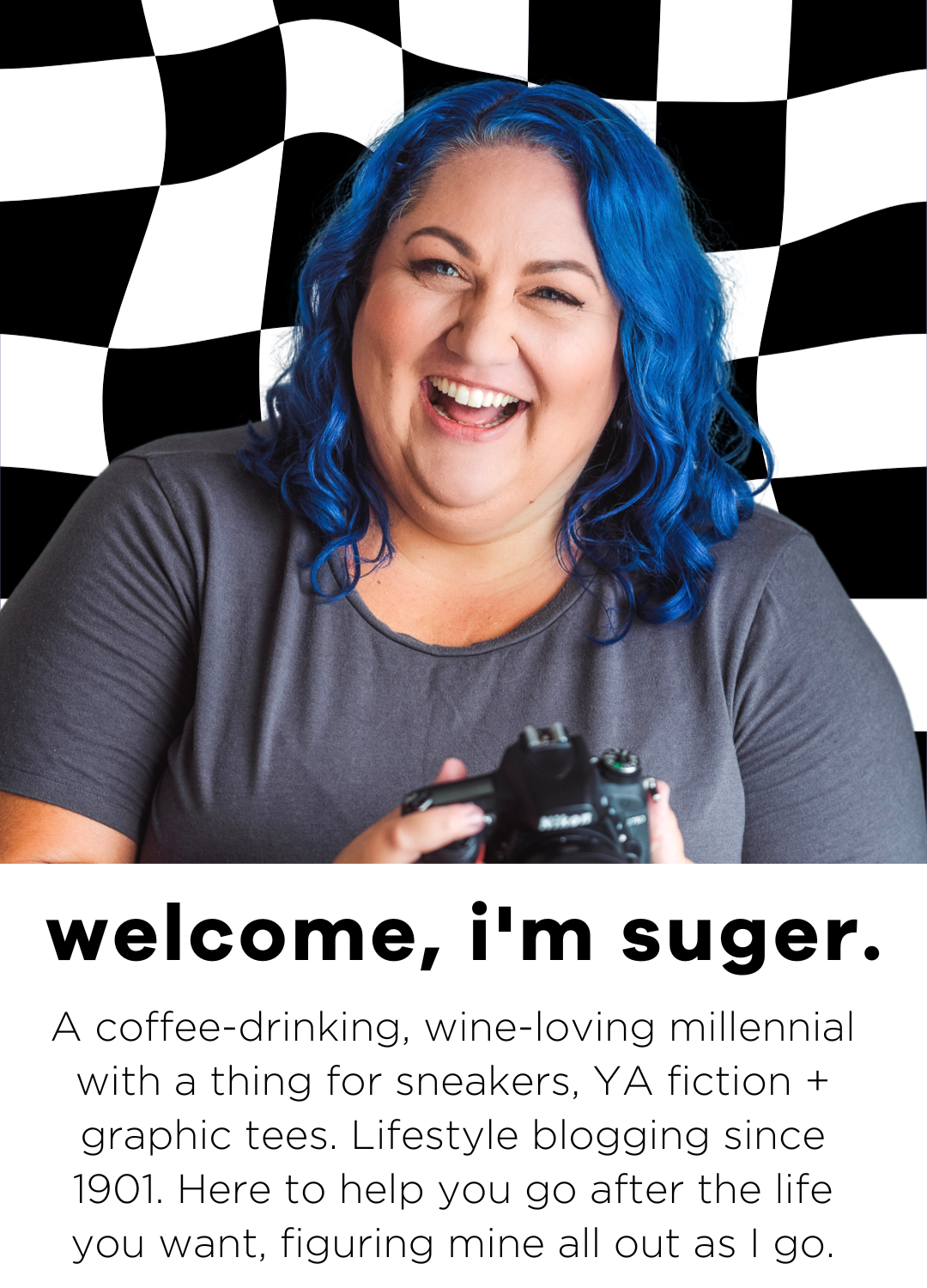Facing up to the things you fear, financially, can go a long way towards changing your mindset around making money, saving money and spending money. Before I left my job and started back working for myself full-time, I decided to tackle all the weird feelings I had about money. Why? Because I didn’t want to find myself down the track and dealing with the same problems I’ve always dealt with.
And that’s what I want you to take away from this blog post. After reading this, maybe you’ll be able to see something in your own attitude towards money that you’ve never seen before. Wouldn’t that be great? To make a shift and have some freedom in this area? Maybe you’ll see some new ways to think about managing your money or the ways you have always gotten in your own way.
For me, my fears around money are related to scarcity or not having enough. Even when I’m doing well I worry that it is temporary. What comes from this is a bunch of avoidance, a tendency to overspend and some bad money habits that really haven’t served me. In my experience, I find that most of us fall into this camp in some way or another. Other money fears usually fall into the not worthy or money is evil categories. All of these attitudes to money are fear-based, and they don’t serve you.
A little about my story with managing money
First up for me when it came to managing my money, was ignoring the basics. Things like not spending more than you earn and budgeting systems to automate your spending on the expected bills. It all felt so restrictive and grown-up, which sounds silly to say now, but that’s how I felt. I was plain old, no excuses about it, irresponsible with money. I didn’t want to do better. Like a cat always landing on my feet, I had always found a way to figure it out. So, I spent money without caution and until I’d fulfilled my prophecy of not having enough. I took jobs with poor conditions and hours because it was the least work possible for the money. I never knew how much was in my account, using credit cards I didn’t know the rates or terms of and generally being irresponsible with money.
It wasn’t my fault, I said, I don’t know what I’m doing.
But this type of thinking is just a way to avoid being responsible. There are very few of us out here without a financial education lacking in at least a few of the basics. Maybe you grew up with too much or too little. Maybe your parents thought you were better off figuring it out as you went or they just didn’t have the skills themselves. In the end, we have to do the work to manage money in a way that is healthy and serves us. That’s on us. And, Melissa, ignoring it or pretending it doesn’t exist is not the way.
Then there was scarcity thing that I mentioned above. I’ve always hated saving up to buy something or saving at all. So, credit card debt wasn’t far behind me. Instead of saving, I’d charge it and worry about paying it later. Patience, it seems, comes when you have a sense that there is more coming and you will get the things you want. Not doing that was all part of the story about not having enough, I would resist putting money aside because what if there wasn’t enough!?
It’s a funny thing to consider that my way of coping with not having enough or feeling like what I had wasn’t enough was to spend more. I’m sure I’m not the only one, I think when you feel constrained you want freedom. That’s just the way it goes. When you feel lack, you want to experience (even for a moment) abundance. But in the end, it’s a false economy. Believing that you never have enough, when realistically with some forethought, you do, is a symptom. Think of overdrawn or late fees, the added interest of credit or the pressures of outstanding payments. All symptoms of not facing reality, in my circumstances. A product of bad planning.
Not even multitudes of blog posts on the topic or successes, followed by failures would be enough for me. I wrote about the time we paid off all our credit card debt but followed it shortly after with a post about getting your shit sorted. Why? Because in the short time after paying off those cards, we stopped doing everything we knew worked and went a little rogue. Not ideal. But also, very human. I’m pretty sure that good financial fitness might be a bit like dieting in that it either never ends or if the program is flawed you’ll never succeed.
Needing money is something we can’t avoid. We might as well find a way to get along.
I think the biggest lesson I’ve learned over the years is that sometimes there is genuinely not enough. That making ends meet is difficult if not impossible and the only way out is to earn more. That sort of situation, once lived, makes you realise the conditions in which we expect those living on government pensions to live is far from ideal. Be kind to yourself. Sometimes a story about money is just a story and sometimes it’s not. Sometimes there isn’t enough. And I really wanted to acknowledge that.
In those circumstances, no amount of pay yourself first b.s. will help you. It’s oversimplified to say that people either find a way to earn more or you find a way to spend less. Life is complicated. Pensions, grants and scholarships are complicated. Not everyone earns money like you do, in the way you do, don’t assume you know. That’s why facing your financial fears is so personal. Managing your money in a way that is healthy and sustainable is personal. Don’t let me or anyone else tell you otherwise.
Because, in the end, whatever it is that you’re dealing with there will be patterns. You may be the only person who can see them for what they are. When it comes time to do the work, look for them. Look for the things you’ve done over and over again that keep showing up. For me? It was failing to set aside what I needed to for the big ones. Things like tax, rates, registrations and even electricity. I was avoiding it hard. All fuelled by the same story that there was never enough. It was ignoring incoming bills or avoiding knowing what was in my bank now and coming in the future. For you, it may look different. I’m almost certain of that. But look for those patterns. Find them and
…
if you liked this post, please consider sharing it!


Hi! I’m Melissa Walker Horn. Around here, they call me Suger. I’m the Chief Blogger and doer of all the things here at Suger Coat It. Blogging since 1901; I love a casual ootd, taking photos, and writing about things that irk or inspire me. I love wine and cheese, long days at the beach and spending time with my family. I make stuff for the internet over at Chalkboard Digital. You know, living the sweet life.




Melissa
Thank you for this post. For making me reflect on my own relationship with money in the past, present and future.
This is such an important conversation to start with yourself first and then your family and wider network.
I found gaining insight into my weaknesses actually strengthened me and has helped me find focus for my money. Isolation has also helped…
Be well
SSG xxx
You’re so welcome, SSG. And I couldn’t agree more. To be able to look at those behaviours that don’t serve us when it comes to money means that one day, maybe we can leave them behind. Isolation has certainly served to shine a spotlight on a lot of behaviours, for all of us, with money and our relationship with it is a big one. For me anyway. Thanks for stopping by. 😉 x